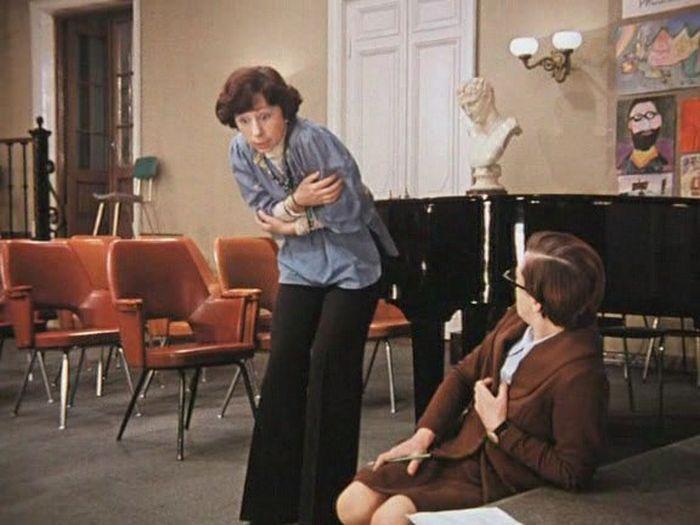
How walking affects your mood and health
0
Few people think about , how to properly put one foot in front of the other. Meanwhile, scientists have discovered a lot of evidence that gait correction can seriously affect both physical and mental health.
Correcting gait in middle age will help reduce the risk of developing knee arthritis. This was the conclusion of Katie Holt, a professor of biomechanics and orthopedic engineering at Cardiff University. According to Holt, walking in which the knees are too far apart or too close together puts too much stress on the inside of the knee.

A frame from the movie “Service Romance”
Small injuries, such as a torn cartilage or slight deformities, can affect the gait. In turn, constant overload can trigger a series of damages at the cellular level. “With a sufficient load on the tissues (body), the body functions normally, but with an overload, the exchange of signals between the tissues changes and the reaction deteriorates. The development of osteoclasts – bone tissue cells – begins in the body. When osteoclasts develop too actively, joints and cartilage are destroyed. At the same time, cytokines are produced – immune cells that cause inflammation and, as a result, pain in arthritis.

A frame from the movie “Malena”
Holt and her team are now developing gait correction techniques for people in their 40s and 50s. In particular, experts analyze which changes (for example, walking with a wide step) can be really useful.
At the same time, the results of a number of studies indicate that a change in walking can be a good prevention of depression. In particular, according to geriatric medicine research specialist Dr. Robert Briggs, slow walking speed and short strides indicate an increased risk of depression.
As Briggs clarifies, people with a sluggish gait are likely not too are actively engaged in sports and consider fast walking burdensome. And in vain, because scientists know very well: energetic fast “happy” walking is a direct way to improve mood.









Leave a Reply